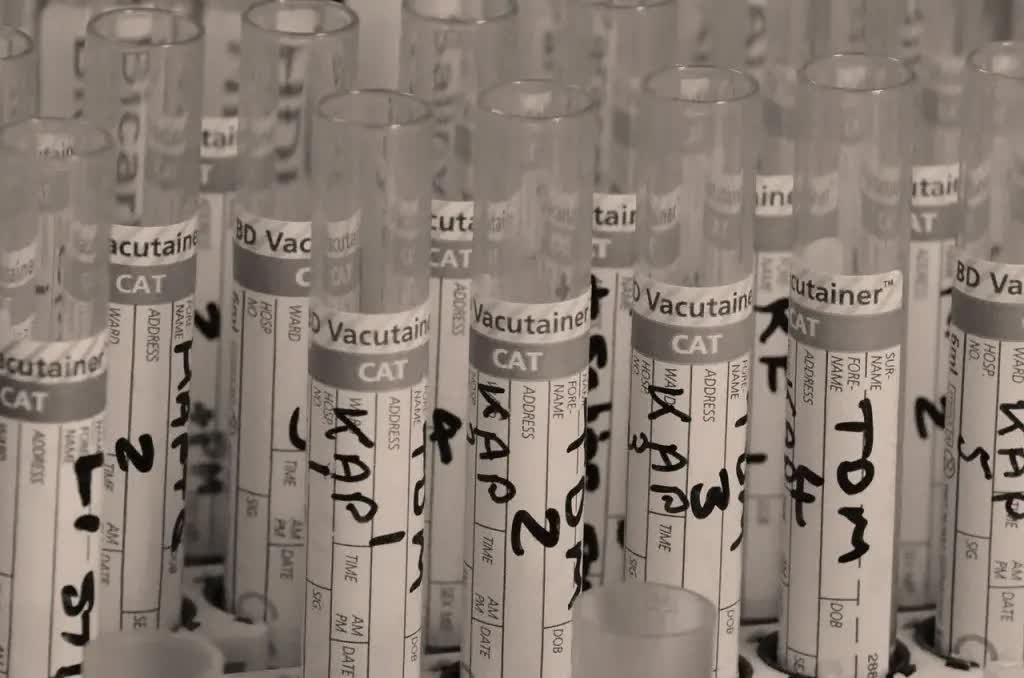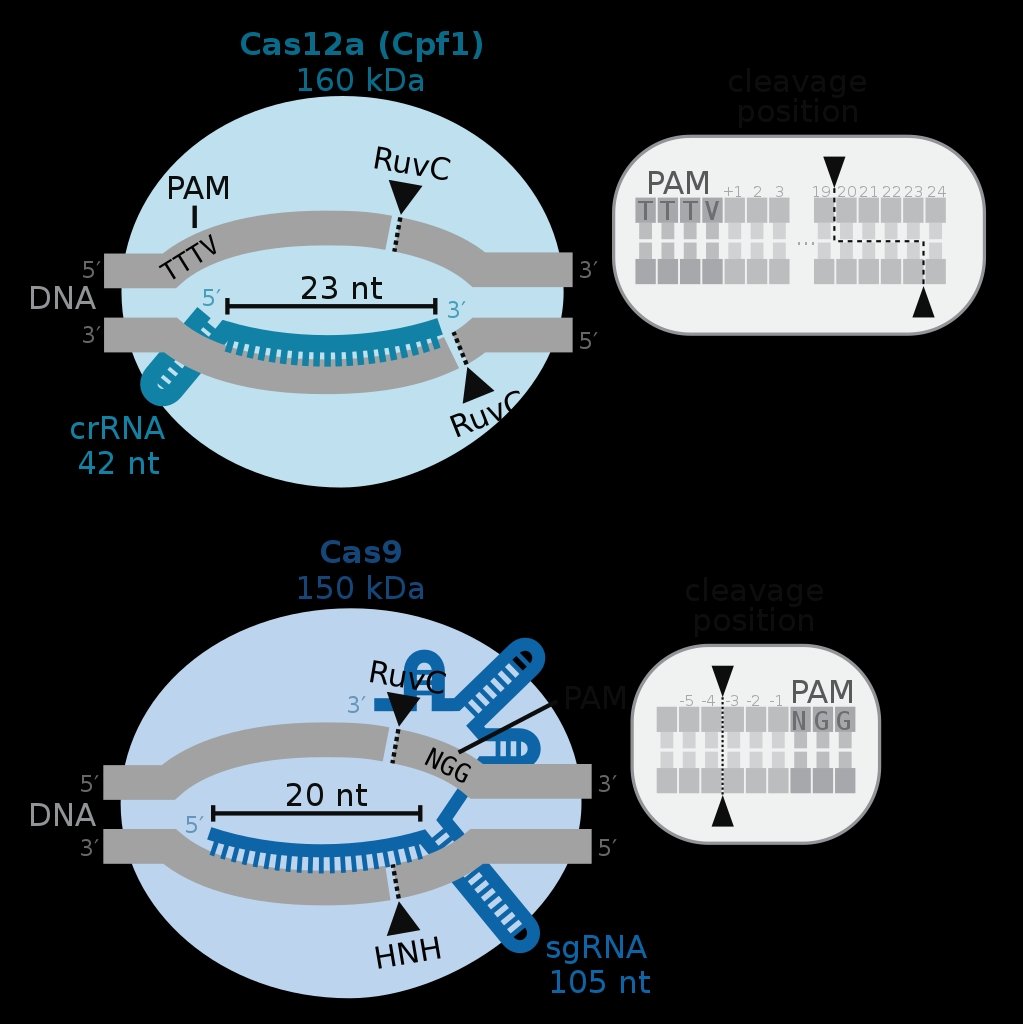Advanced advances in reproductive technology and genetic engineering have opened up new possibilities for creating human embryos outside the human body.
This article explores the potential implications, ethical considerations and scientific advances surrounding the claim that lab-grown babies could become a reality by 2028.
Advances in reproductive technology
Advances in in vitro fertilization (IVF): For decades, IVF has been a widely used assisted reproductive technology, helping millions of couples worldwide conceive.
However, scientists are now pushing the boundaries of traditional IVF techniques, and testing new methods that could revolutionize the field.
This includes developing artificial wombs and laboratory setups that mimic the same conditions as the female reproductive system, allowing embryos to develop outside the human body.
Artificial wombs, also known as ectogenesis, have long been a subject of scientific interest and speculation.
Scientists believe that refining and adapting this technology to be optimal for human embryos could pave the way to creating babies that grow in the lab.
Genetic techniques, such as CRISPR-Cas9, have allowed scientists to manipulate the genetic makeup of organisms with unprecedented precision.
Although the ethical implications of such interventions remain a subject of much debate, they represent an important aspect of scientific progress surrounding children raised in the laboratory.

Ethical considerations and controversies
The concept of lab-grown babies raises a myriad of ethical considerations that need to be carefully examined.
It is important for scientists, policymakers, and society at large to engage in thoughtful and inclusive discussions to address these ethical challenges.
The development of laboratory-reared infants requires strong regulatory frameworks to ensure responsible and ethical practices.

The introduction of lab-grown babies will certainly spark debate and cause concern among the public.
The potential impact of children growing up in the laboratory
Lab-grown babies could offer new possibilities for individuals and couples struggling with infertility or genetic disorders.
The pursuit of lab-grown babies requires significant scientific breakthroughs and technological advances.
Research and development involved in creating artificial wombs, perfecting genetic techniques, and understanding the complexities of human development can contribute to our broader understanding of biology.

The birth of laboratory-grown babies will certainly have profound social and cultural significance.
The claim that lab-grown babies could be seen as early as 2028 reflects the remarkable advances that have been made in the fields of reproductive technology and genetic engineering.
While the potential implications of this technology are enormous, it is important to navigate ethical considerations, establish regulatory frameworks, and engage in open discussions with the public.
The journey toward laboratory-grown children holds many promises and challenges, and it is the responsibility of scientists, policymakers, and society at large to approach this frontier with care and responsibility.
